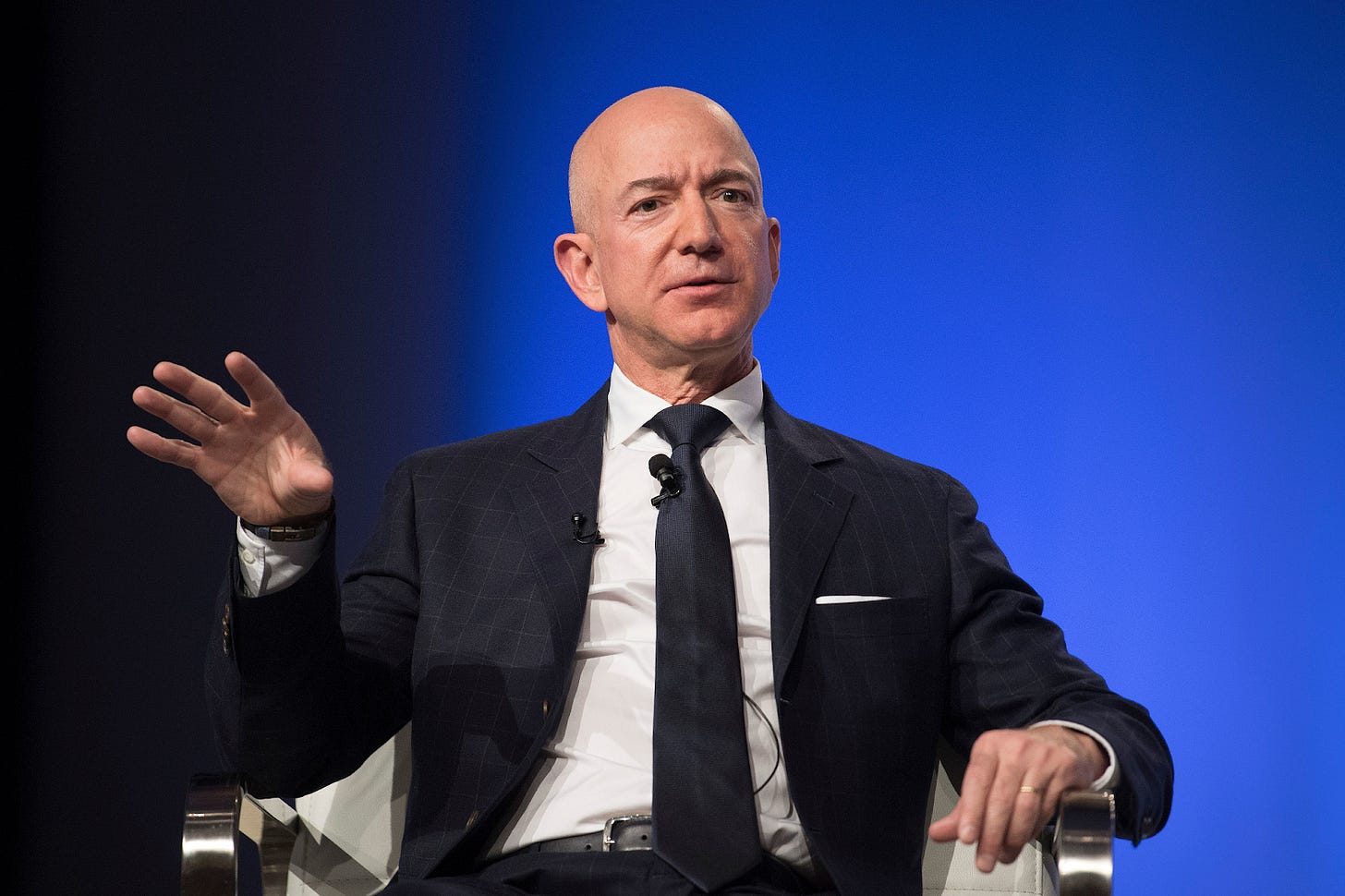If you had an opportunity to earn $1M in two years, would you take it? No brainer right? Actually, here’s why we think you shouldn’t…
Imagine this scenario:
You are 25 years old. You’ve been offered the opportunity to oversee a major company project that will take 2 years to complete. At the completion of the project, your company has guaranteed to pay you a $1M bonus. However this project will require you to work 70 hours per week (which will often include working on weekends).
Would you accept this opportunity?

We asked 400+ people this question, but with an interesting twist. We randomly changed the age at which they were given the “million dollar” opportunity (example: 25 yrs old vs. 35 yrs old vs. 45 yrs old vs. 55 yrs old, etc..). The results were pretty surprising…
Results: Take The Job, Especially If You’re Young
Perhaps one of the biggest surprises to us was that 7 in 10 people would take the opportunity, regardless of age. But when you started taking age into account that’s when things got a little more interesting.
Here’s the results by age of who would take the opportunity:
25: 81%
35: 68%
45: 64%
55: 69%
The consensus was that if you’re 25 years old there’s a 27% higher chance people think you should take the $1M job offer.
This feels intuitive for what’s taught in business school: take a demanding job when you’re young, work ridiculously hard for a few years, and then settle down, start a family, and eventually get into a more stable job. Let’s call this the “work-young / party later principle”.
Takeaway: People predominantly would take the job, especially if they were 25 years old.
But would if we sliced this another way? What if we looked at this by gender? It turns out that women are less likely to take the job at any age, especially as the age increased to 45 and 55.
- At age 25, women were 4% less likely to accept the job than the general population.
- At age 35, they were 2% less likely to accept.
- At age 45, they were 5% less likely to take the offer.
- At age 55, women were 8% less likely to accept, showing the largest gap.
Takeaway: Women were consistently less likely than the general population to accept the job, and this gap increased with age.
What if we sliced it by marital status? Are single people more likely to take the job?
- At age 25, single individuals were 6% more likely to take the job.
- At age 35, they were 7% more likely.
- At age 45, they became 16% less likely (largest single drop in this category).
- At age 55, acceptance rebounded slightly (2% more likely).
Takeaway: Singles were the most open at younger ages, but hesitation peaked at 45 before rebounding at 55.
How about employed people?
- At age 25, employed people were only 0.5% less likely to accept the job (meaning no real difference).
- At age 35, employed people were 10% more likely to take the job.
- At age 45, employed people were 6% less likely to accept the job.
- At age 55, employed people were 10% more likely to accept.
Takeaway: Interest peaked at 35 and 55 but dropped significantly at 45, suggesting career stability concerns.
How about people with kids?
- At age 25, people from larger households were 3% more likely to accept the job.
- At age 35, they were 1% less likely.
- At age 45, they were 8% less likely.
- At age 55, the acceptance rate was equal to the general population.
Takeaway: Larger households boosted interest at 25 but reduced it significantly by 45.
All right, this is lots of insights, so let’s understand its implications.
So you’re 25… Should You Really Take the Job?
No! We fundamentally agree with the 1 in 5 people who said not to take the job at 25 years old.
That 25 year old who takes the job will starve something critical in his or her life for those two years, something that most experts agree ultimately contribute far more to happiness than financial success. Those 2 things = relationships and personal interests
At 25 years old, you are arguably at the most promising time to discover oneself. In the United States the average woman is married at 28 years old and the average man at 30. If you are working 70-hour workweeks, including every night and weekend, you simply will not have time to date. This will mean it will make it harder to find a spouse during prime dating time, as well as push back any marriage date significantly.
Speaking of relationships, how about the types of relationships that are so critical for happiness? In the famous 80-year old ongoing study Harvard on adult development, they have found that the #1 key to living longer and healthier are your relationships. It is so critical to maintain family and friends relationships throughout your whole life. These cannot take breaks. Those bonds will break.
As a sidebar, both Austin and Jason served two-year missions for our church at the age of 19 in Ghana and Brazil. While we both will agree it was time well-spent, the relationships we lost during that time were real. We happened to gain many as well with the people in Ghana and Brazil, but that’s not something that would happen in this work scenario. If you are up all night working on a spreadsheet that is a very different experience than teaching a family about the bible in Brazil.
Relationships feel like an obvious loss, but what about personal interests, such as exercise or traveling? This loss would have an equally devastating effect. By not exercising regularly at 25 years old you will risk having more health issues both in your 20s and beyond. Exercise is also linked to happiness, and often leads to increased job not only outside of work but also while working. It’s also linked in your brain to experiences.
Equally important are hobbies. 25 years old is a critical age to pursue hobbies. The average age of an Olympian is 27 years old. Also consider other hobbies – traveling, movies, bowling, board games, religion, surfing, painting, etc. If you go for 2 years doing nothing for yourself besides working, you are going to lose yourself. You’ve got to continuously develop yourself.
Even at 25 years old, the loss of relationships and your personal interests would be devastating. We know the counterarguments, such as that’s the time many people found companies, but we would argue it’s far better to find harmony and keep it throughout your life.
Jeff Bezos, a self-made billionaire, succinctly teaches that there’s no such thing as balance:
“I try to teach work-life harmony. We’re asked about work-life balance all the time. My view is that’s a debilitating phrase because it implies that there’s a strict tradeoff… It’s actually a circle, not a balance.” -Jeff Bezos, Amazon CEO

Conclusion
Big payouts are tempting. So tempting. But the tradeoffs are always real. From personal experience too often the big payouts don’t actually pay out at all or are far less than expected. We justify our experience (“at least I learned a lot building that failed company!”) but we need to remember the cost we paid.
Having worked many 70+ hour work weeks in our careers, when we look back we wish we could change that. We would have worked less and found harmony sooner.
So just trust us (and the research) on this one. It’s never worth starving relationships and personal interests for work. Work never loves you back, no matter how much you give to it. Find harmony.


